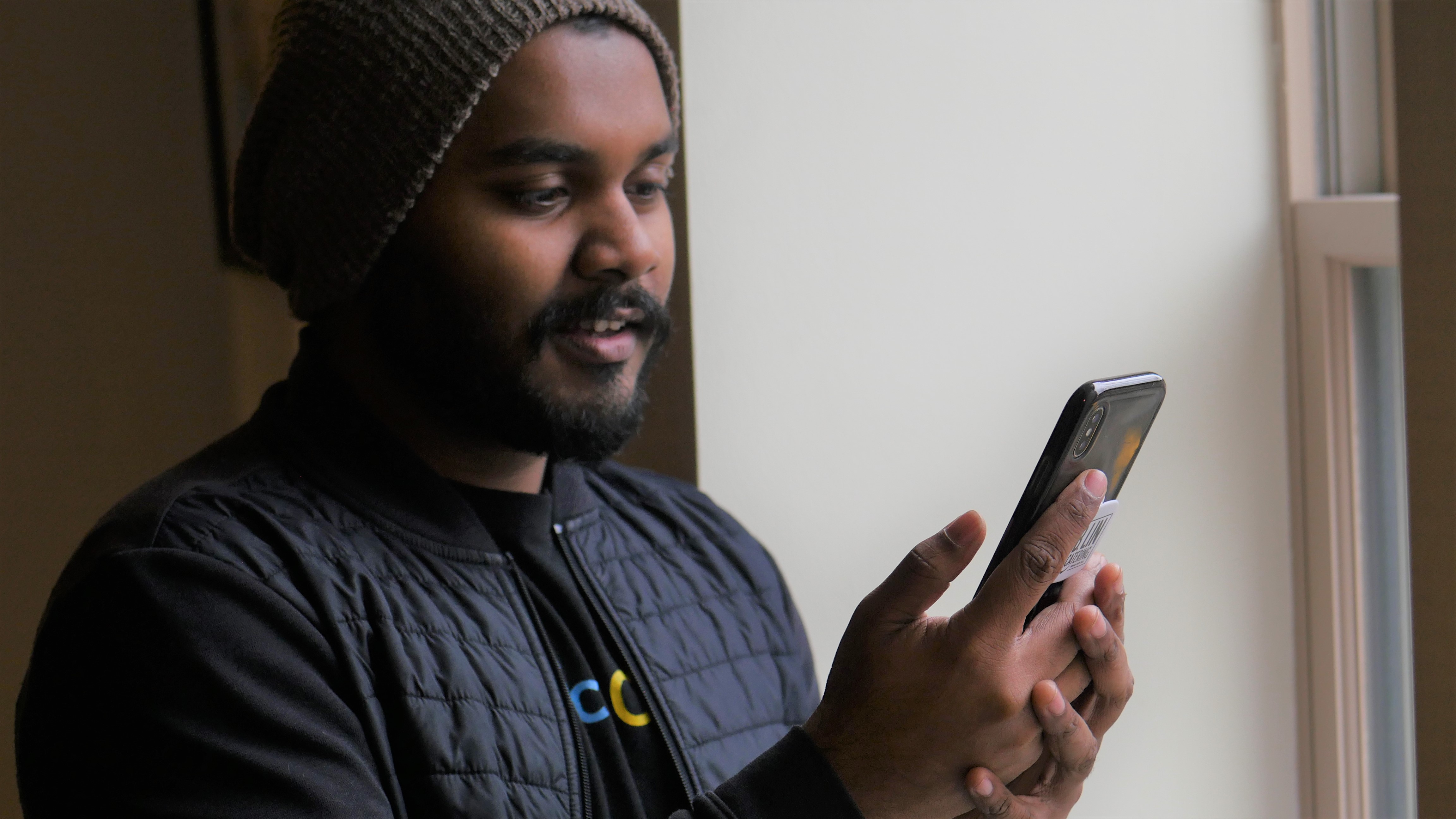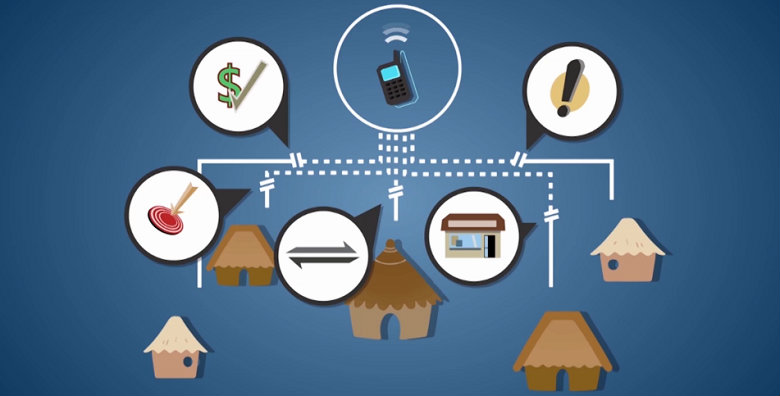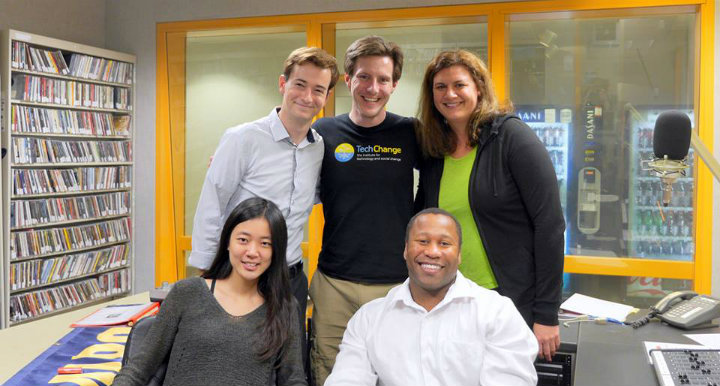What happens when “mobile learning” is no longer inferior to just “learning”?
As ICT4D professionals return home from MWC Barcelona (along with over 107,000 other attendees) abuzz with stories of 5G (such as the very, very cool Sprint 5G Maps with Mapbox), that enthusiasm is not yet shared by industry executives.
A new study by Accenture of 2,000 technology and business executives in 10 countries show that few believe predictions on dramatically improved speeds of 5G networks, and half don’t expect the technology to do much that it can’t already do. But with early tests suggesting that 5G networks will be as much as 100 times faster than existing mobile technology, ICT4D leaders should be doing more to prepare their industry and organization for the full potential.
Nowhere is this more badly needed than in elearning. Most of our current ICT4D solutions for sharing knowledge and building capacity rely on expensive annual-convening events (*cough* MWC Barcelona) or overly simplistic push-content built on outdated, passive elearning approaches (watch a video, take a quiz, repeat). Where there is competition in elearning, it’s around which solution contains the most pre-loaded, low-quality videos to be distributed on tablets or smartphones in low-bandwidth environments. The digital divide in convening and capacity building is clear — fancy conferences for headquarters, and low-quality videos for field staff.
And look, I get it. But if we’re going to think through a mobile-first approach to elearning, then what happens when mobile distribution is no longer the inferior, one-way video learning we keep being sold on? paperhelp org coupon What happens when 5G networks leapfrog broadband and suddenly these devices are valuable not just for consuming elearning, but for co-creating learning experiences?
Most likely, you’ll have a revolution in elearning, as all models that rely entirely on consuming content (looking at you, LinkedIn Learning, Coursera, MasterClass, edX….Ok, almost everyone really) are annihilated by the sudden emergence of a universe of facilitators and educators in countries where we currently “push” elearning experiences.
Think AirBnB for hotels, or Uber for taxis, or the countless other examples of expanding a consumption approach to a sharing economy.
And it can’t happen soon enough.





